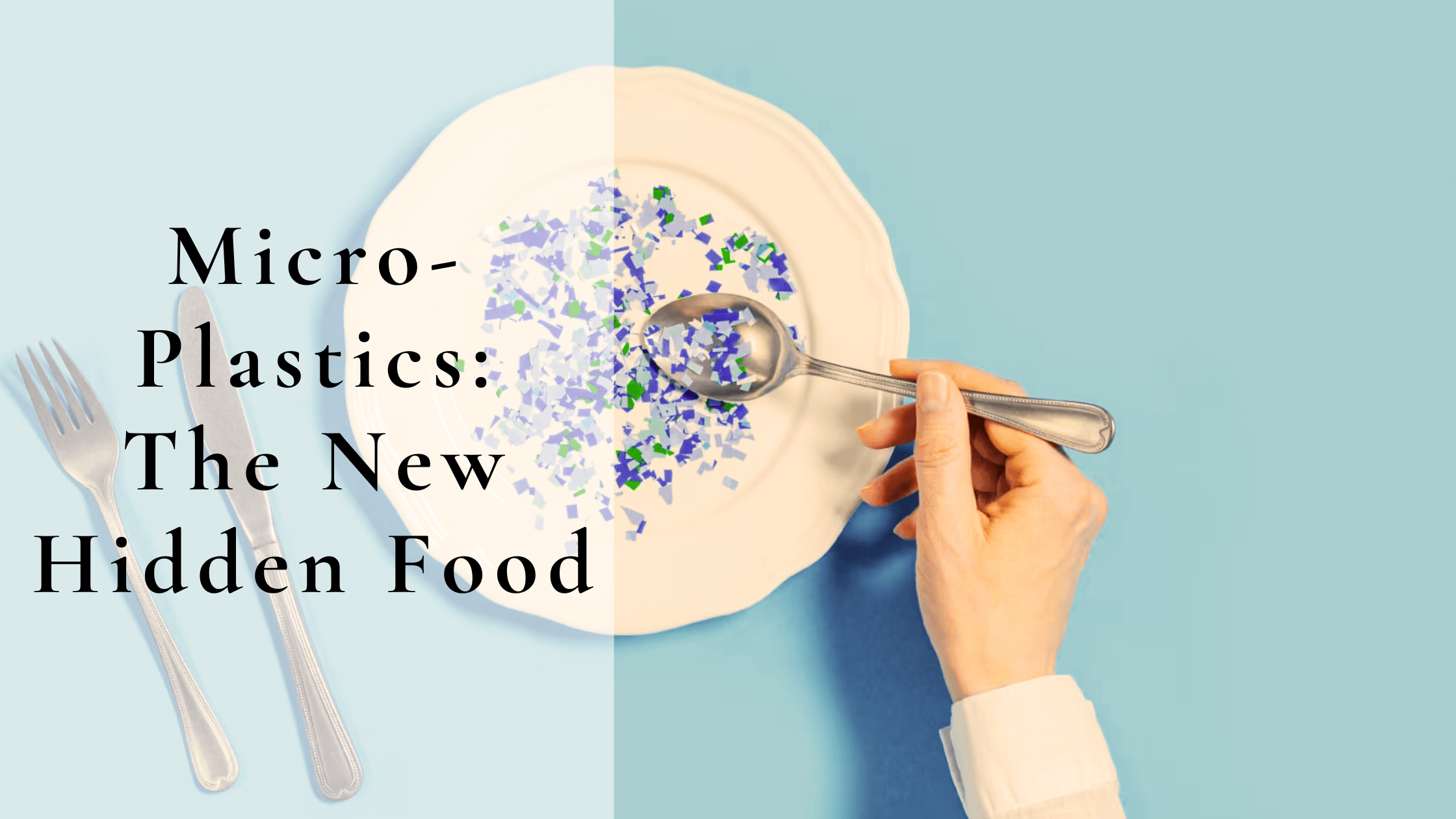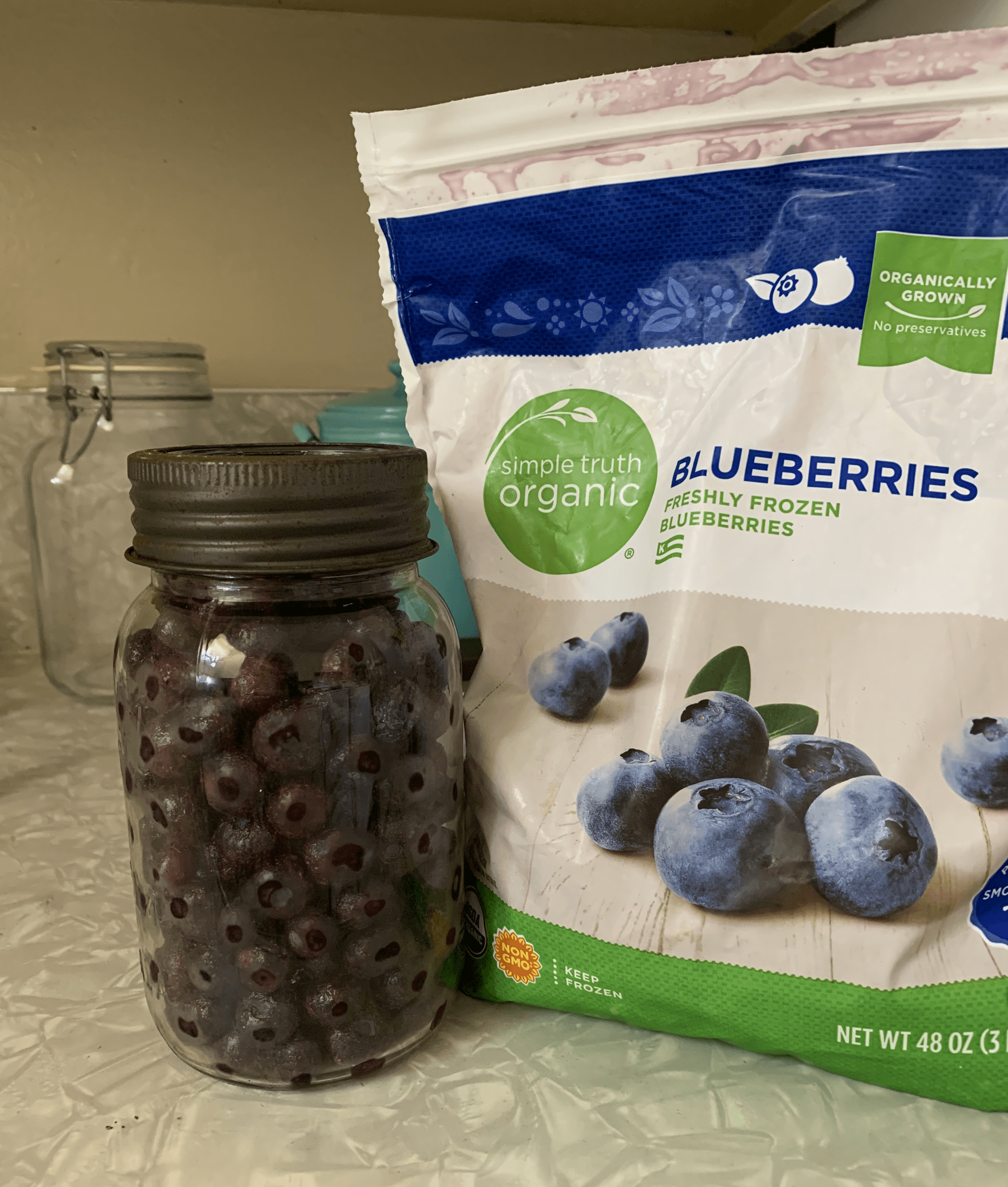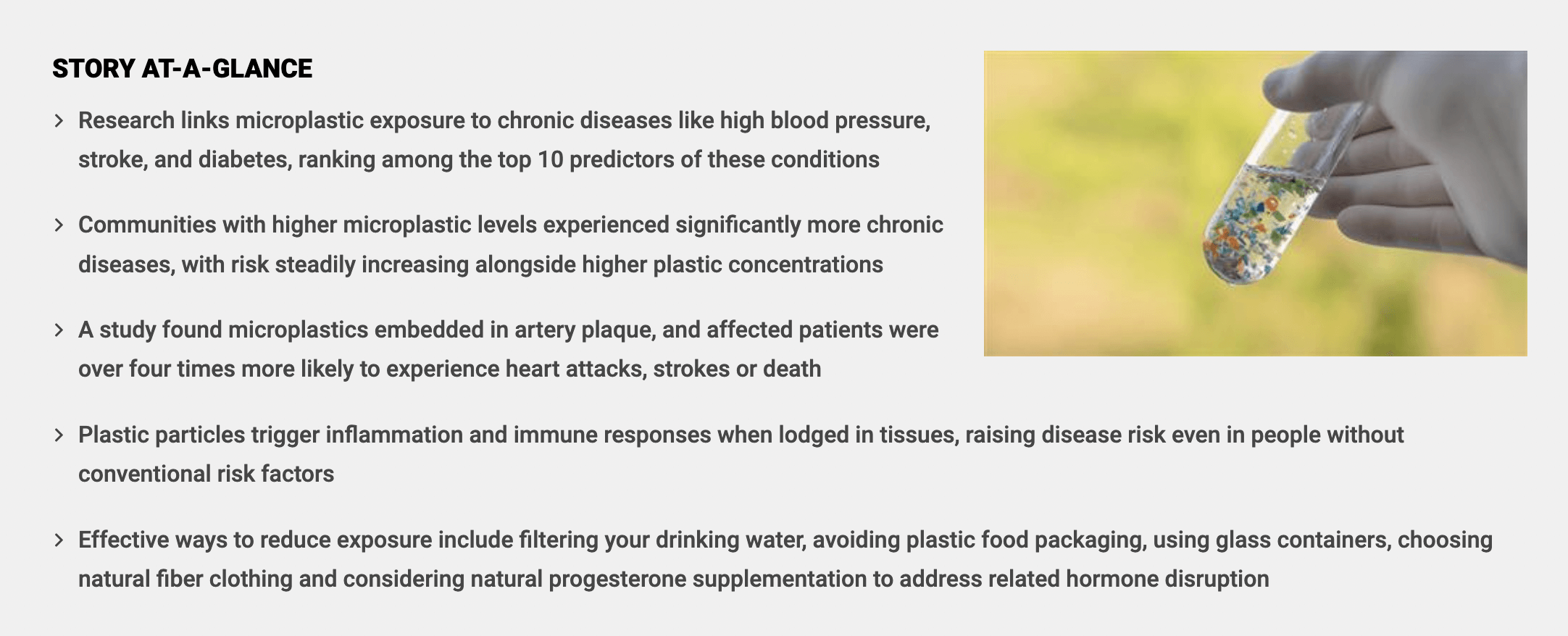 A startling new body of research, published in the May 2025 issue of Brain Medicine, is shedding light on something many of us have long suspected: what we eat directly affects our brain, and not in a good way when it comes to ultra-processed foods (UPFs).
A startling new body of research, published in the May 2025 issue of Brain Medicine, is shedding light on something many of us have long suspected: what we eat directly affects our brain, and not in a good way when it comes to ultra-processed foods (UPFs). The new findings suggest a compelling link between microplastics found in UPFs and increasing rates of depression, anxiety, and even dementia. These synthetic particles, invisible to the naked eye, are making their way into our bodies—and our brains.
According to the studies, microplastics have been found in the brains of individuals who suffered from dementia at concentrations three to five times higher than those without the condition. These particles are capable of crossing the blood-brain barrier (BBB), triggering oxidative stress, inflammation, and disrupting neurotransmitter function—key contributors to neurodegeneration and mood disorders.
 The blood-brain barrier is designed to protect our most sensitive and vital organ from harmful invaders. If microplastics can cross this ultra-selective barrier, that’s not just bad news—it’s a wake-up call. Scientists are discovering that these tiny fragments of plastic don’t just sit harmlessly in the body; they may disrupt nerve cell function, trigger inflammation, and damage brain tissue.
The blood-brain barrier is designed to protect our most sensitive and vital organ from harmful invaders. If microplastics can cross this ultra-selective barrier, that’s not just bad news—it’s a wake-up call. Scientists are discovering that these tiny fragments of plastic don’t just sit harmlessly in the body; they may disrupt nerve cell function, trigger inflammation, and damage brain tissue. Children consume more ultraprocessed foods than adults, leading to higher microplastic intake. Since their brains are smaller, the concentration of microplastics may be even greater than in adults. This raises serious concerns about how these particles might be affecting brain development—something experts agree "can’t be good."
But, it doesn’t stop with the brain.
A Broader Threat to Health: The Placenta and Testes
If microplastics can cross the BBB, they likely can cross other crucial biological barriers as well—like the blood-testis barrier, which protects male reproductive organs. This means microplastics may disrupt hormone signaling, interfere with sperm production, and contribute to fertility problems. These particles often carry endocrine-disrupting chemicals like bisphenols and phthalates, which are already linked to reproductive and developmental issues.
If microplastics can cross the BBB, they likely can cross other crucial biological barriers as well—like the blood-testis barrier, which protects male reproductive organs. This means microplastics may disrupt hormone signaling, interfere with sperm production, and contribute to fertility problems. These particles often carry endocrine-disrupting chemicals like bisphenols and phthalates, which are already linked to reproductive and developmental issues.
Emerging studies now show they also cross the blood-placenta barrier, meaning that microplastics can reach developing babies in utero. This raises serious concerns about prenatal development, immune system programming, and neurological health in children.
If microplastics are reaching our most protected and delicate tissues, it’s time to reassess what we allow into our bodies—especially through our food.
Ultra-Processed Foods: A Hidden Source

Ultra-processed foods are a major contributor to microplastic exposure. From packaging to food additives, the processing chain is riddled with opportunities for microplastic contamination. These aren’t just empty calories—they are a delivery system for toxins that your body cannot process or eliminate easily.

While more research is needed to fully understand the long-term impact of microplastics on human health, the takeaway is clear: our modern diets are exposing us to substances our bodies were never designed to handle.
“Highly processed foods, like chicken nuggets, contained 30 times more microplastics per gram than chicken breasts, highlighting the impact of industrial processing, which often uses plastics at some point,” the authors note in the text of the study.
So what can we do?

Nature’s Protective Strategy
We can turn back to what our ancestors instinctively knew: the foods closest to nature nourish and protect us. Choosing whole, unprocessed foods not only provides vital nutrients that support brain function, but also helps us avoid harmful synthetic compounds like microplastics.
Here’s what you can do right now:
- Cut out or drastically reduce your intake of ultra-processed foods and cook from scratch using whole, recognizable ingredients.
- Focus on foods in their most natural state—fresh meat, eggs, raw dairy, traditional fats, and mineral-rich broths.
- Flood the body with antioxidants found in foods like wild berries and fermented vegetables.
- Support detoxification pathways with daily movement, natural sunshine, hydration, and antioxidant-rich foods.
- Choose glass, stainless steel, and ceramic over plastic containers and utensils to reduce plastic exposure, and avoid heating food in plastic containers.

I stay away from plastic as much as I can, but it is impossible to be plastic-free. However, even when I purchase something in plastic, I will transfer to a non-plastic container as soon as I can. You can see here - I use canning jars (you can get fairly inexpensively) and transfer. These berries then went into the freezer!
Our brains and reproductive organs are incredible—resilient, regenerative, and divinely designed. But they can’t function properly when bombarded with foreign invaders like microplastics.
It’s more urgent than ever to align with Nature’s design. Our health—and our children’s futures—depend on it.

AFFILIATE DISCLAIMER: I’m a proud affiliate for some of these tools and products that are suggested on this page and throughout my site. If you click on a product and make a purchase, I may earn a small commission at no extra cost to you. My recommendations are based on knowledge and experience and I recommend them because they are genuinely useful, not because of the small commission I may receive |




















0 Comments